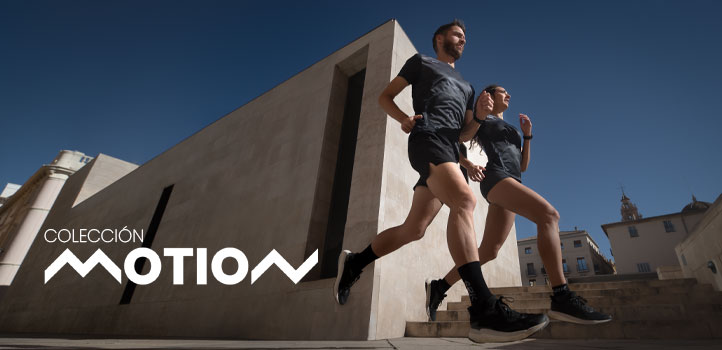Subscribe to our newsletter to find out about all the news and promotions, and automatically receive a welcome discount coupon in your email.
 When cared for dailylimentation to provide proper nutrition in recovery from exercise, there are long-term benefits for athletes. Greater gains in strength and musculature occur, and fewer injuries are experienced.
When cared for dailylimentation to provide proper nutrition in recovery from exercise, there are long-term benefits for athletes. Greater gains in strength and musculature occur, and fewer injuries are experienced.
Workouts and competitions cause a significant reduction in muscle glycogen stores and damage muscle cells, resulting in prolonged muscle fatigue and inflammation. Among other factors, the ability to perform physical exercise at a high level several days a week is limited by the recovery of glycogen stores and by the repair of tissues after intense work.
The key to maximizing recovery is consuming carbohydrates and protein immediately after exercise. Research indicates that the ideal nutrition for recovery is a meal (eg ham sandwich) or a liquid supplement containing high glycemic carbohydrates and high biological value proteins (such as milk, egg, bovine colostrum, soybeans and eventually wheat) that includes 10-20% of the athlete's daily caloric intake of these two macronutrients.
The right moment
Timing of intake is important, as muscle cells are very sensitive to insulin after exercise. Insulin is the hormone responsible for transporting glucose and amino acids to muscle cells and for stimulating glycogen and muscle protein synthesis, and it also greatly reduces muscle protein breakdown. When high glycemic carbohydrates are consumed along with protein immediately after exercise, this recovery process occurs much faster than if the nutrients are consumed at any other time.
But this situation only lasts for about 45 minutes. This is due in part to the rapid reduction in the activity levels of glucose transporters, which increase their activity during exercise. If you wait a long time to take in the nutrients for recovery, not only will the muscles not be sensitive to insulin, but they will also become insulin resistant and recovery will be severely compromised.
When carbohydrates are ingested immediately after exercise they result in glycogen synthesis rates of 6-7 µmol / g per hour. This rate is maintained for approximately two hours, then decreases to half. If carbohydrate supplementation is delayed the muscle glycogen resynthesis rate is only 3-4 µmol / g per hour. The amount of carbohydrates ingested is also important, it has been shown that at least 1 g / kg of body weight is required. These nutritional strategies allow to increase muscle glycogen stores, which could offer important advantages especially for those athletes who compete in intense events, lasting more than 60 minutes.
Also hydrate
Do not forget hydration. Once the exercise is finished, the total amount of fluid lost must be assessed, which will be equivalent to the difference between the weight recorded before and after the effort. As a general rule, it is recommended to drink 1,5 L of restorative drink for every kg of weight lost. If you have experienced a weight reduction of more than 2%, it means that you have not had enough to drink before and / or during the test or training session. Apart from carbohydrate depletion, dehydration and negative energy balance can increase the stress response (catecholamines, cortisol and glucagon, increased, while insulin levels are reduced) which increases the risk of developing overtraining.
It is also important to mention that intense exercise, dehydration, and fatigue can result in reduced hunger or appetite, which generally leads to inadequate carbohydrate and energy intake. This would impair glycogen resynthesis and recovery from exercise.
The bottom line is that proper recovery nutrition has the potential to make a big difference. Athletes who take their performance seriously and take care of theirlimeTraining will be rewarded with less muscle damage, faster glycogen recovery, increased performance in subsequent exercise sessions, greater strength gains, and fewer injuries.
By Cristina Lafuente (www.sticsa.com)
42K Best sellers in the last 15 days.
42K · All rights reserved


Comments
Post a first comment for this entry!